NBS reveals inflation strategy
The NBS Monetary board today adopted a memorandum on targeted inflation as a monetary strategy.
Monday, 22.12.2008.
16:05

The NBS Monetary board today adopted a memorandum on targeted inflation as a monetary strategy. Another memorandum, this time on determining the targeted inflation rates for the period from 2009 until 2011 was also passed, along with a the Monetary Policy Program for 2009. NBS reveals inflation strategy The documents were presented in a news conference in Belgrade on Monday held by NBS Governor Radovan Jelasic. Jelasic warned that unless budget revenues reach the projected level in the first three months of next year, a budget revision will be necessary, which implies freezing of wages, pension reduction and VAT increase. The central bank chief told reporters that budget revenues might be reduced due to the implementation of the Interim Trade Agreement with the European Union and reduction of economic activities, which means less VAT-generated revenues. Jelasic agreed with Prime Minister Mirko Cvetkovic's statement that people in Serbia will live neither better nor worse next year compared to 2008, but he also said that it is questionable whether can be achieved through increases of wages and pensions, which affects the inflation rate. He underscored that the business community should concentrate next year on finding solvent markets, reducing stocks, even if that means price reduction, and gradually reducing debt. Inflation in Serbia by the end of this year will probably stand at around eight percent, and it could possibly also be somewhat lower, Jelasic also said. Radovan Jelasic addresses reporters in Belgrade on Monday (Beta)
NBS reveals inflation strategy
The documents were presented in a news conference in Belgrade on Monday held by NBS Governor Radovan Jelašić.Jelašić warned that unless budget revenues reach the projected level in the first three months of next year, a budget revision will be necessary, which implies freezing of wages, pension reduction and VAT increase.
The central bank chief told reporters that budget revenues might be reduced due to the implementation of the Interim Trade Agreement with the European Union and reduction of economic activities, which means less VAT-generated revenues.
Jelašić agreed with Prime Minister Mirko Cvetković's statement that people in Serbia will live neither better nor worse next year compared to 2008, but he also said that it is questionable whether can be achieved through increases of wages and pensions, which affects the inflation rate.
He underscored that the business community should concentrate next year on finding solvent markets, reducing stocks, even if that means price reduction, and gradually reducing debt.
Inflation in Serbia by the end of this year will probably stand at around eight percent, and it could possibly also be somewhat lower, Jelašić also said.













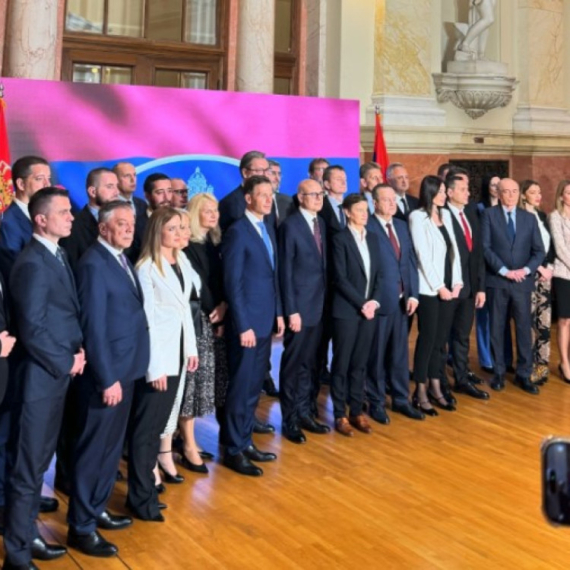

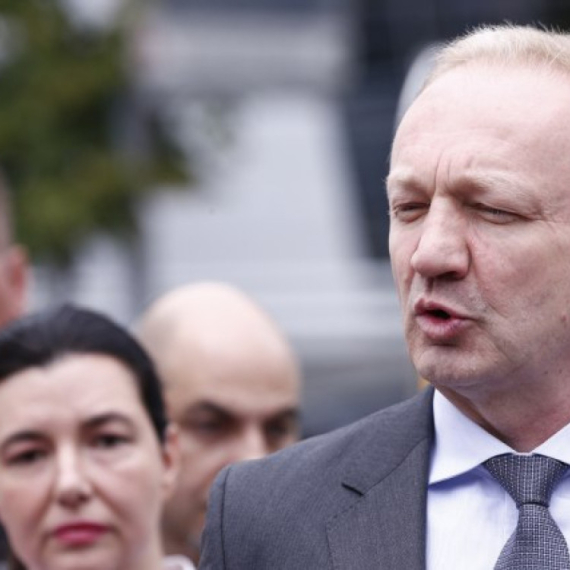
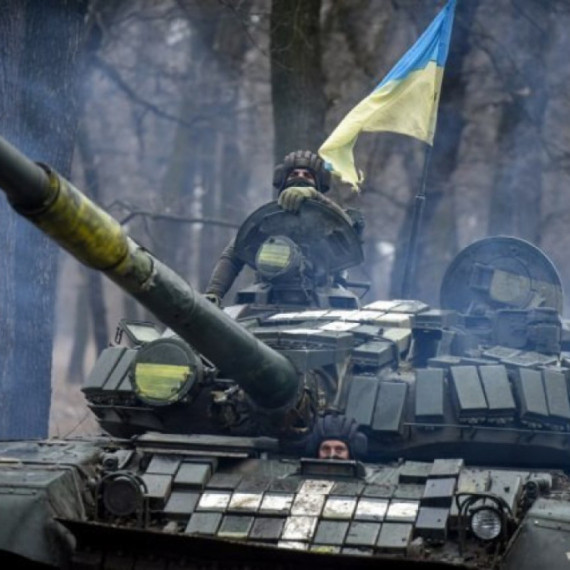
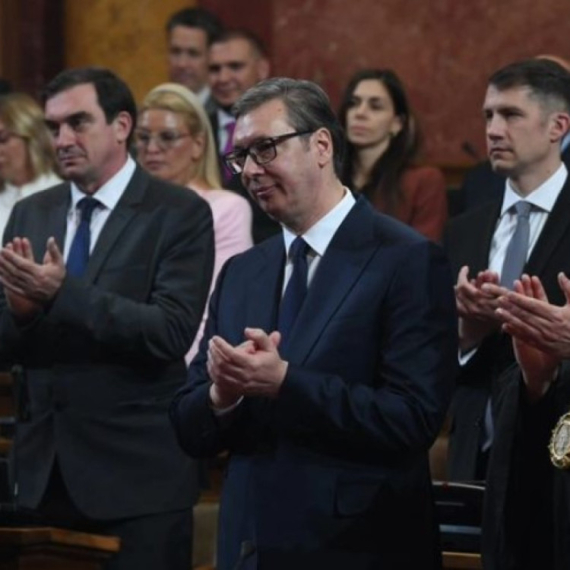




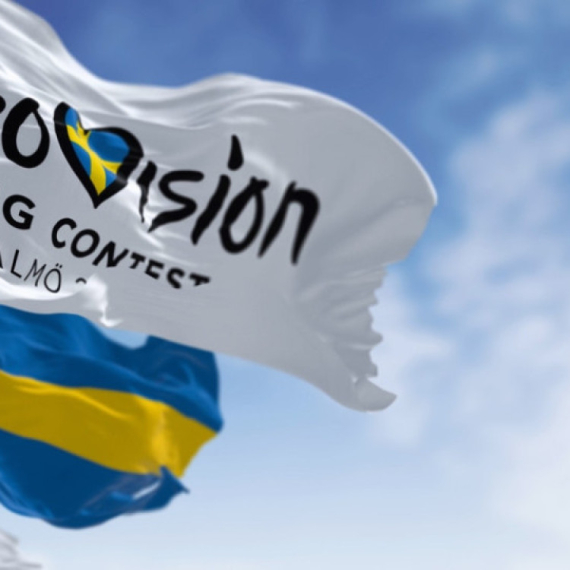





























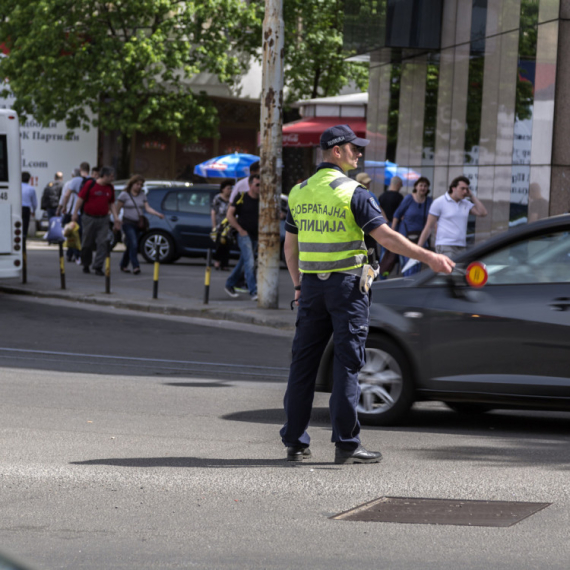







Komentari 0